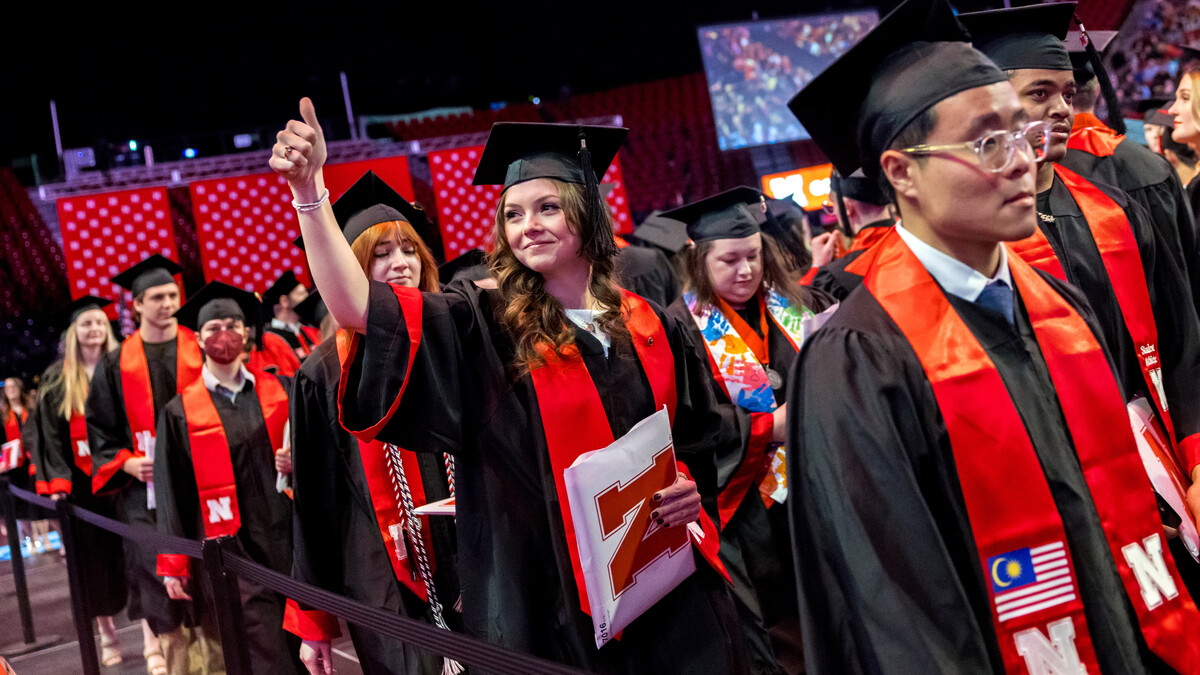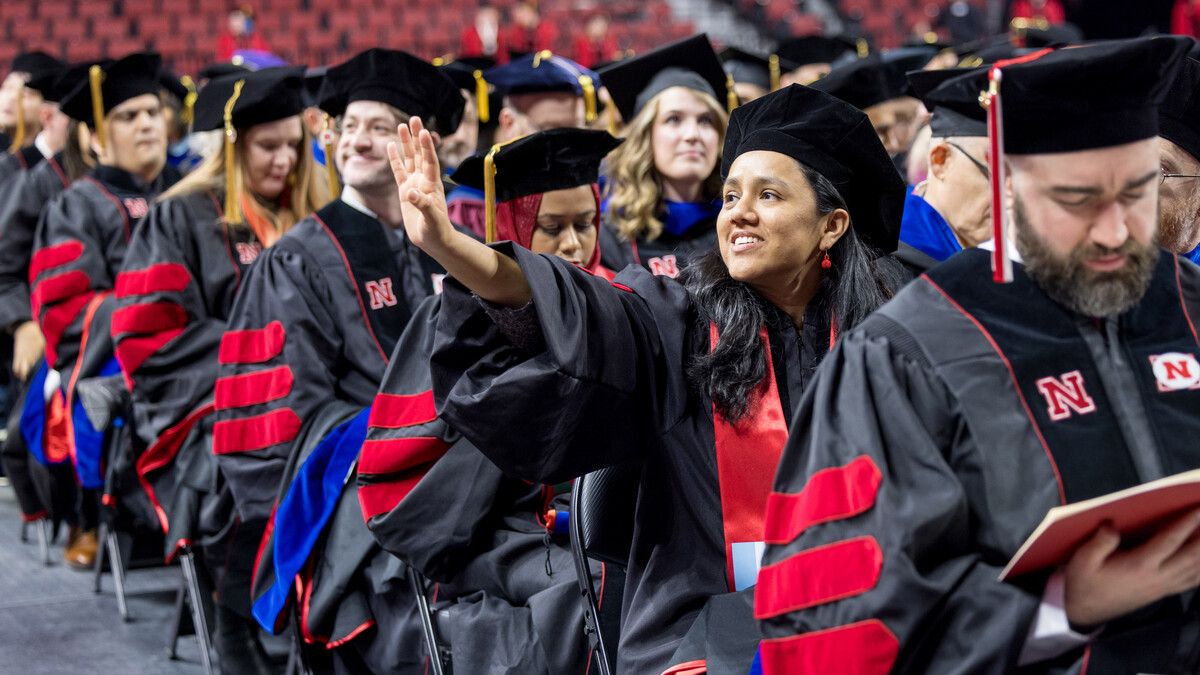
The interim nuclear agreement between the United States and Iran brings high risk and few immediate advantages, says UNL law professor Jack Beard, who specialized in arms control and nuclear nonproliferation when he served as associate deputy general counsel for the U.S. Department of Defense.
“It’s risky because Iran has a well-established history of deception and denial,” Beard said after news of the agreement broke this week.
“Iran is already very much on the way to having the components for a nuclear weapon,” he said. “The hope of the U.S. government appears to be that this (agreement) will slow that process. But it isn’t designed to do anything irreversible to Iran’s program.”
The agreement, designed to stand for six months with the possibility that a more comprehensive accord will be negotiated in the future, freezes much of Iran’s nuclear program in exchange for a modest easing of economic sanctions. It has been criticized by Israel and others because it allows Iran to retain the infrastructure to continue low-level uranium enrichment that could be ramped up to produce weapons-grade material.
During a speech Monday in San Francisco, President Obama defended the agreement, deriding the criticism as “tough talk and bluster.”
“(It) might be the easy thing to do politically, but it’s not the right thing for our security,” he said. “We cannot close the door on diplomacy, and we cannot rule out peaceful solutions to the world’s problems.”
Previously on the faculty of the UCLA School of Law, Beard has been an assistant professor of law at the Nebraska College of Law since 2011, where he teaches courses on international law, national security law, the law of armed conflict, arms control and space and cyber law. While with the Department of Defense, he handled legal matters relating to arms control agreements, basing agreements in the Middle East and programs assisting the states of the former Soviet Union in dismantling weapons of mass destruction. .
Nuclear proliferation is the number-one security threat facing the nation and the world, Beard said, yet the general public seems far less concerned about it today than in past decades.
“It doesn’t get the attention it should,” he said. “Even though nuclear weapons are way more destructive and more readily available than in the past, it oddly ends up being something people put aside.”
The Treaty on the Non-Proliferation of Nuclear Weapons, in place since 1970, already bars Iran from possessing or building nuclear weapons, Beard said. The question is Iran’s access to the materials that could be used to make a bomb.
Iran has been using a technique called enrichment, using sophisticated centrifuges to make enriched uranium isotopes that could be used for nuclear power – or to build a bomb.
“The key to making a nuclear weapon is the fissile material,” Beard said. “What Iran is apparently trying to do is make the components.”
Under the agreement, Iran will have access to about $8 billion in frozen economic assets and a promise that the U.S. will not enact new economic sanctions during the next six months, Beard said. In return, Iran has agreed to scale back its nuclear program and to submit to inspections.
But it does not eliminate Iran’s centrifuges and it does not irreversibly stop Iran from enriching uranium, Beard said.
“As long as they have that capability, we have the menace of Iranian nuclear weapons in our future,” he said.
“If you really want to stop them from building nuclear weapons, you should make them stop enriching uranium and let someone else do it, if they want it for peaceful purposes. In fact, the U.N. Security Council has repeatedly demanded that Iran halt its uranium enrichment activities.”
Beard said the agreement also raises concerns among U.S. allies in the region, who “are increasingly concerned that the United States is not being tough enough or serious enough about Iran.” The concerns arise from Saudi Arabia, “which dreads an Iranian nuclear weapon as much or more than anyone,” as well as Israel, Beard said.
The risk of the agreement is that it relieves Iran of some of the economic pressure to halt its program during the next six months.
“This appears to be a sort of calculated gamble by the administration, that the Iranians will have to show compliance over the next six months, or they’re going to lose whatever gains they get out of this.”
Though Hassan Rouhani’s election as Iranian president earlier this year, to succeed Mahmoud Ahmadinejad, seemed to thaw U.S.-Iran relations, Beard said it remains to be seen whether there’s been a change of philosophy in the Iranian government.
“Their policy up until now has not been one of serious cooperation,” he said. “We’re left with the question of whether the economic toll of these sanctions has made them re-evaluate in any way their position on nuclear capabilities. They have not yet forsaken these capabilities, in particular their ability to enrich uranium to make a nuclear weapon.
“Their track record is not good, but it doesn’t mean there can’t be a change of thinking.”
The agreement could open the door to a more lasting accord, he said.
“This gives us a chance to see if we have an ability to work toward something more meaningful,” Beard said. “It doesn’t in and of itself solve any problems, it’s an opening for solving a problem.”
“I suppose you can always applaud talking, instead of fighting,” he said. “Although at some point the argument can also be made that it could be a dangerous form of appeasement. For the time being, no one wants a military conflict, but the stakes are very high if they achieve this weapon, for ourselves and our allies. “







